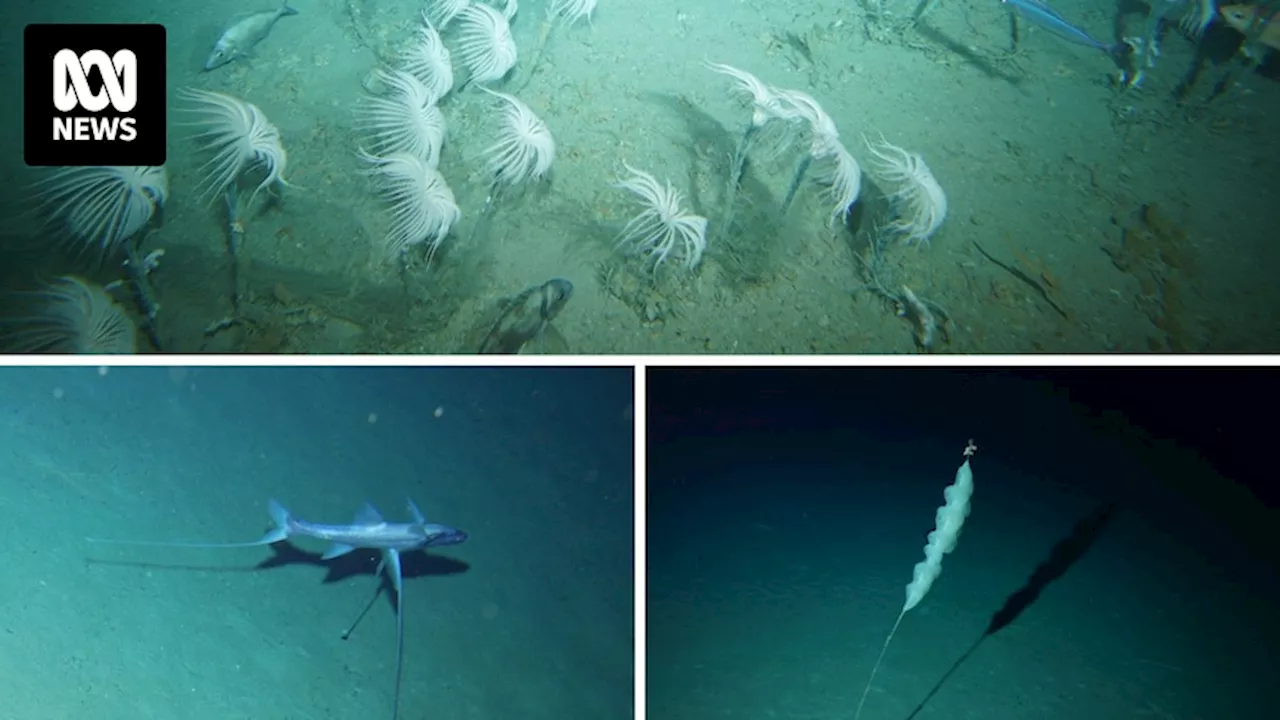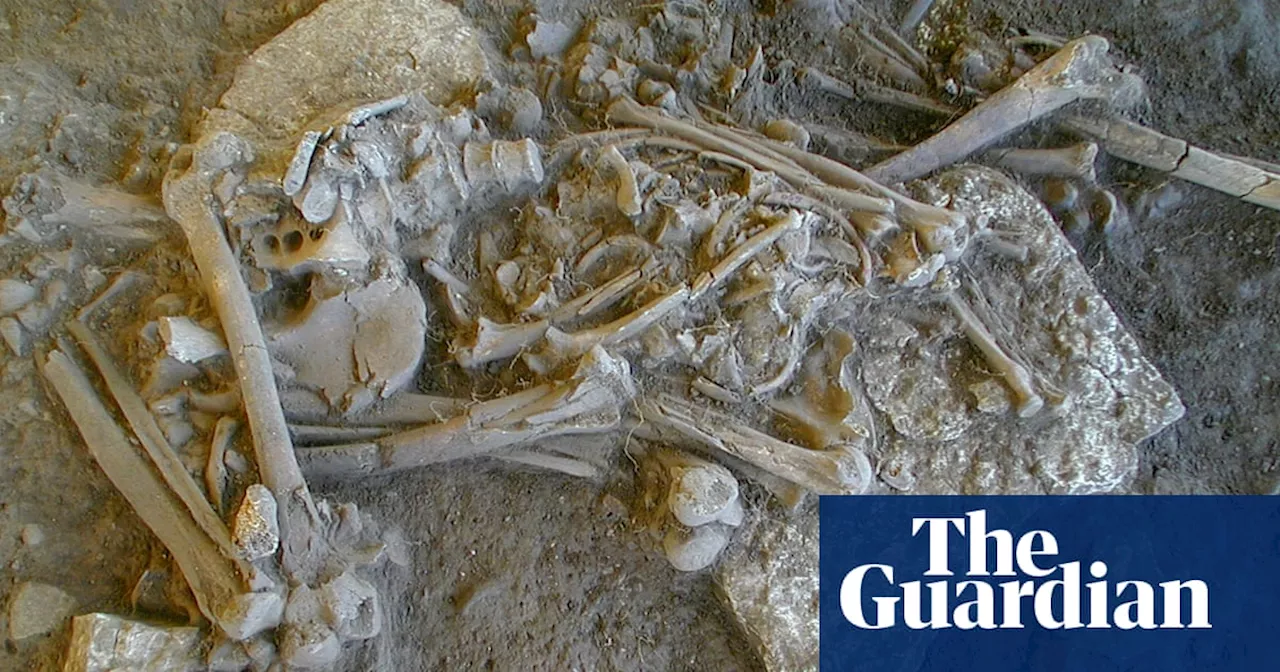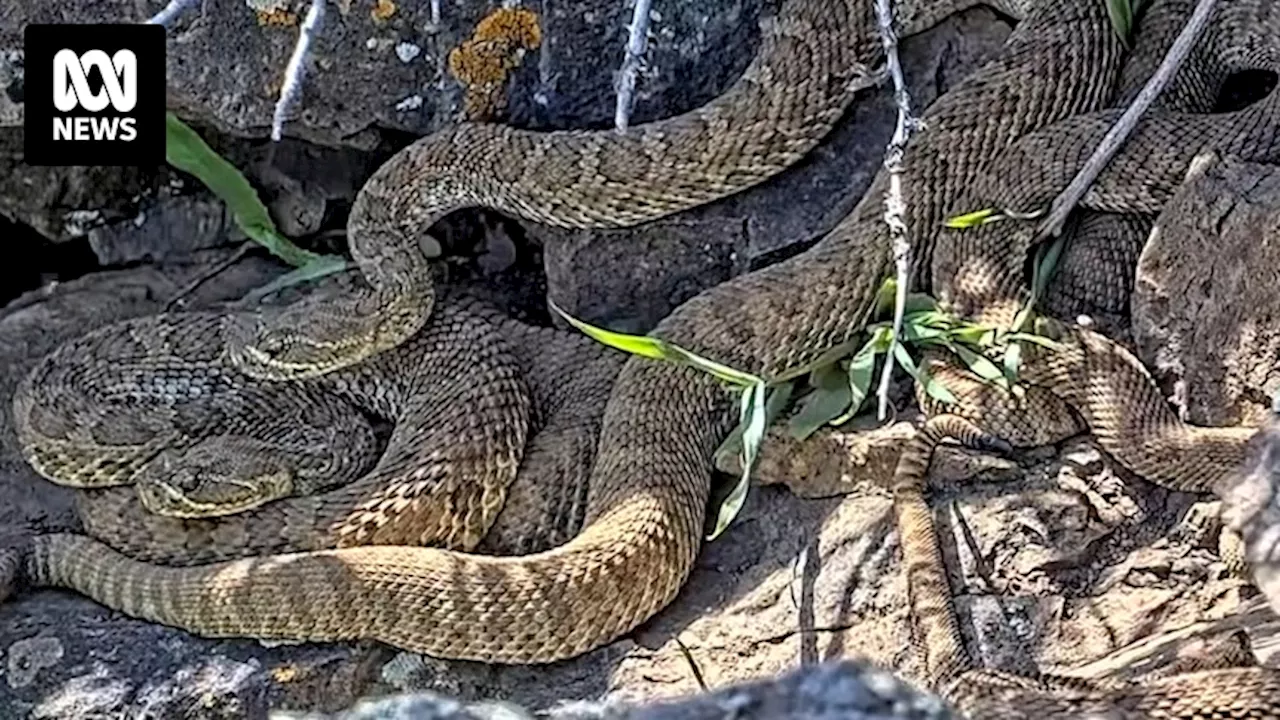Researchers shed light on how psychedelic compound in drug can distort sense of space, time and self during a trip
The psychedelic compound found in magic mushrooms not only gives people a day trip – it can influence the brain for weeks, researchers have found.
Dr Joshua Siegel, a co-author of the work from Washington University School of Medicine in St Louis, said the research may also bring benefits to companies testing novel psychedelics and similar, but non-hallucinogenic, drugs. “It was also a requirement that they had taken a psychedelic at some point in their life, partly because they were taking a high dose, equivalent to 5g of magic mushrooms, and they were getting into a big, loud, banging, claustrophobic magnet on psilocybin,” said Siegel, adding the team needed to be sure participants would be able to tolerate the situation.
The results reveal taking psilocybin – but not methylphenidate – was associated with a loss of synchrony in what is known as the default mode network. This is an interconnected group of brain regions that is active when the mind is wandering and the brain isn’t working on a particular task. Crucially, says Siegel, this network is involved in creating a sense of self, as well as showing links to the perception of space and time.
Australia Latest News, Australia Headlines
Similar News:You can also read news stories similar to this one that we have collected from other news sources.
 Researchers looking at how to return stranded whales to deeper watersResearchers are trying to rethink the way we dispose of whale carcasses at sea in a more environmentally sustainable way. New findings have uncovered a method which could determine the best location and time to tow the whale bodies out to sea.
Researchers looking at how to return stranded whales to deeper watersResearchers are trying to rethink the way we dispose of whale carcasses at sea in a more environmentally sustainable way. New findings have uncovered a method which could determine the best location and time to tow the whale bodies out to sea.
Read more »
 Researchers discover underwater submarine canyons in month-long survey of sea floorEver wondered what the ocean floor around Australia's coast looks like? A first-of-its-kind survey has uncovered new information about underwater canyons.
Researchers discover underwater submarine canyons in month-long survey of sea floorEver wondered what the ocean floor around Australia's coast looks like? A first-of-its-kind survey has uncovered new information about underwater canyons.
Read more »
 Neolithic population collapse may have been caused by plague, researchers sayDNA studies suggest disease was central to devastating collapse of northern European population 5,000 years ago
Neolithic population collapse may have been caused by plague, researchers sayDNA studies suggest disease was central to devastating collapse of northern European population 5,000 years ago
Read more »
 Researchers seek to study elusive rattlesnakes by livestreaming 'mega den' of 2,000 in ColoradoUnder the citizen science initiative Project RattleCam, a webcam is set up overlooking a remote hillside in Colorado which monitors the highly secretive rattlesnakes gathered in a 'mega den' to hide from predators.
Researchers seek to study elusive rattlesnakes by livestreaming 'mega den' of 2,000 in ColoradoUnder the citizen science initiative Project RattleCam, a webcam is set up overlooking a remote hillside in Colorado which monitors the highly secretive rattlesnakes gathered in a 'mega den' to hide from predators.
Read more »
 Australian brush turkey's dramatic fall and rapid rise in cities mapped by researchersResearchers have charted the historical crash, comeback and conquest of cities by the Australian brush turkey.
Australian brush turkey's dramatic fall and rapid rise in cities mapped by researchersResearchers have charted the historical crash, comeback and conquest of cities by the Australian brush turkey.
Read more »
 Griffith University researchers believe cellular door dysfunction is the cause of long-misunderstood Gulf War IllnessThe discovery by Griffith University scientists has given hope to Gulf War veterans that their often-debilitating symptoms will finally be recognised by the medical profession and the Australian government.
Griffith University researchers believe cellular door dysfunction is the cause of long-misunderstood Gulf War IllnessThe discovery by Griffith University scientists has given hope to Gulf War veterans that their often-debilitating symptoms will finally be recognised by the medical profession and the Australian government.
Read more »
